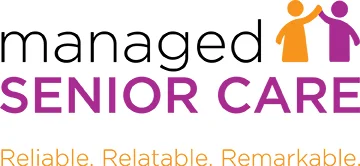Hello Caregivers!
This Wednesday, May 16, Pine Rest is holding their last lecture in their Spring Lecture Series. Pine Rest Medical Director Dr. David Folks will present his lecture Management of Insomnia in Older Adults at the Pine Rest Postma Center from 7-8 a.m. CMEs and CEUs are offered and a free breakfast will be provided. The lecture is free, and if you would like to attend, register using this link.
Pine Rest Postma Center is located at 300 68th St. SE, Grand rapids.
Insomnia is a common challenge for older adults and can have significant impact on overall health. Attendees will learn how to do a comprehensive assessment of both transient and chronic insomnia in older adults. This lecture will also cover the steps in treating insomnia in older adults including non-pharmacologic approaches, and the clinically appropriate use of hypnotic medications.

